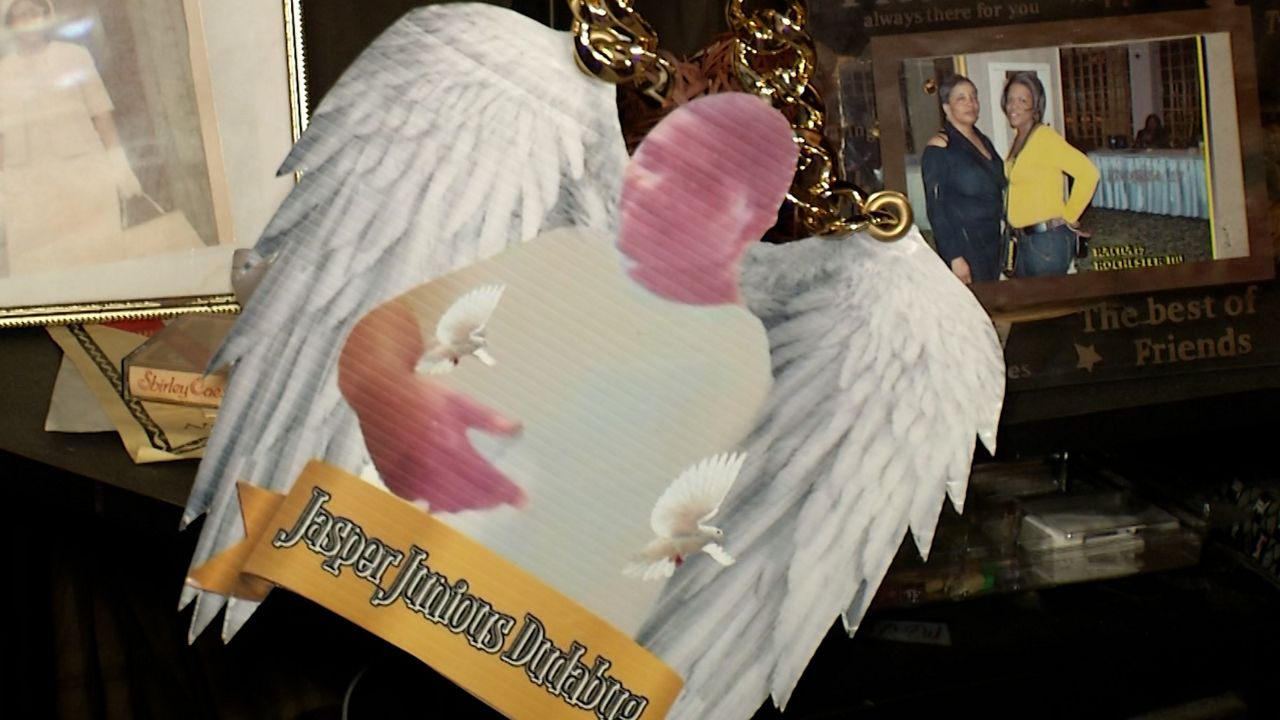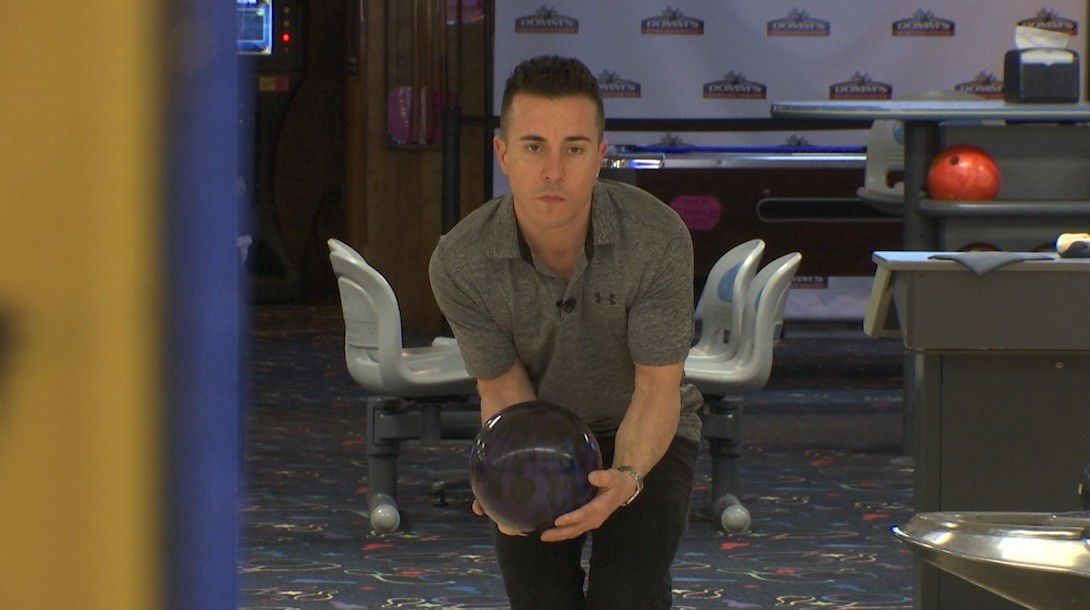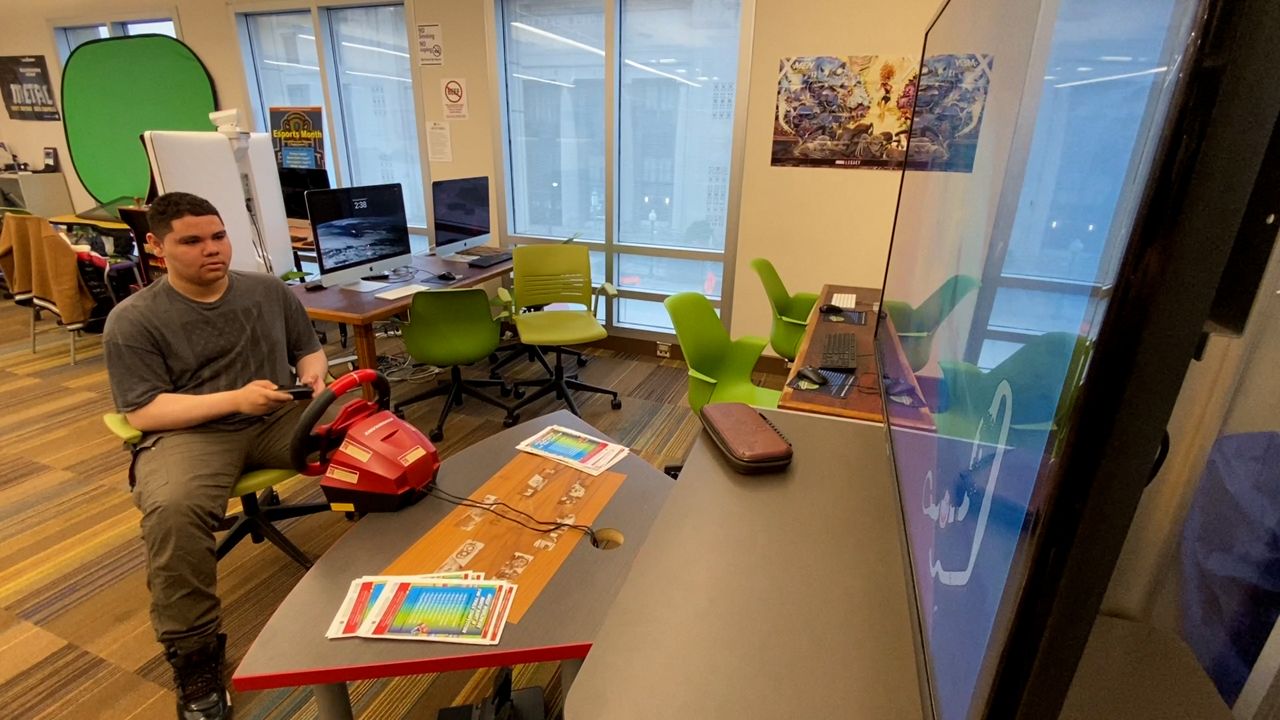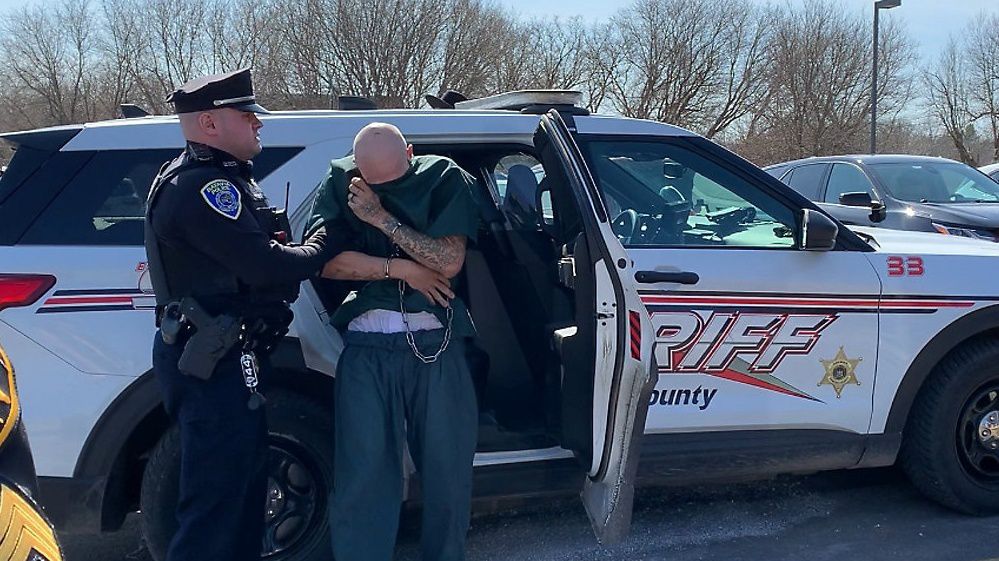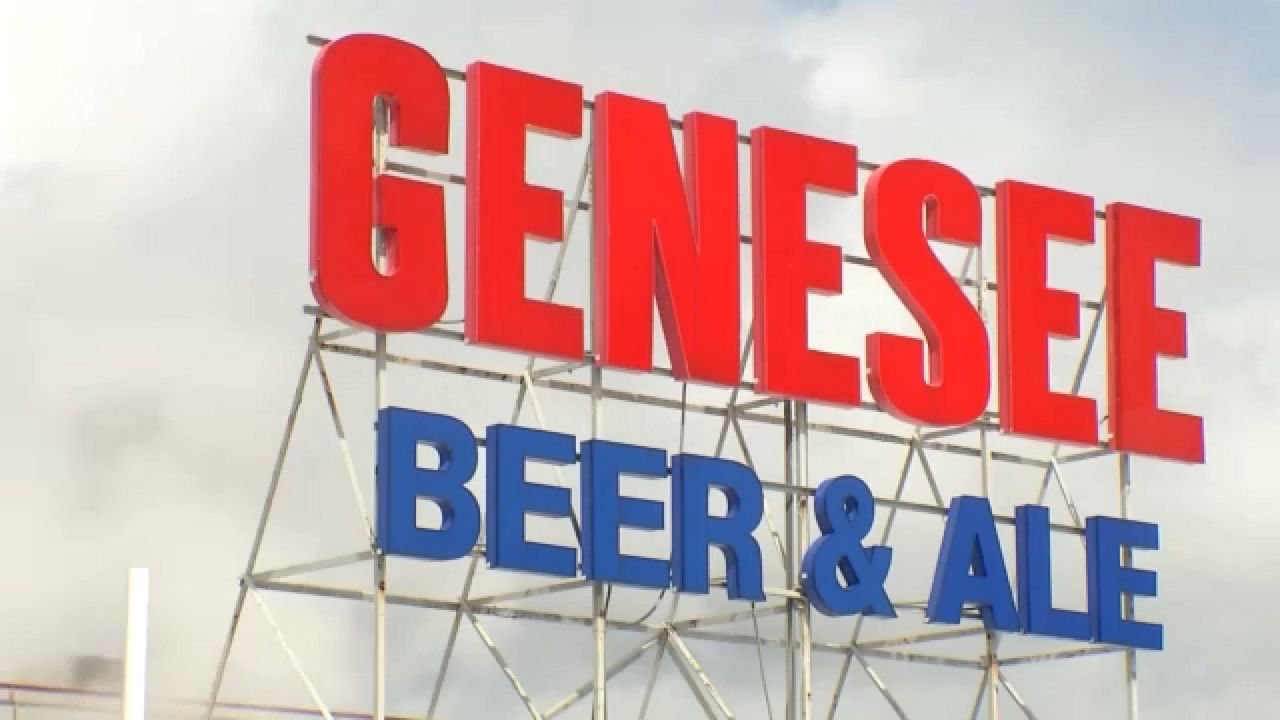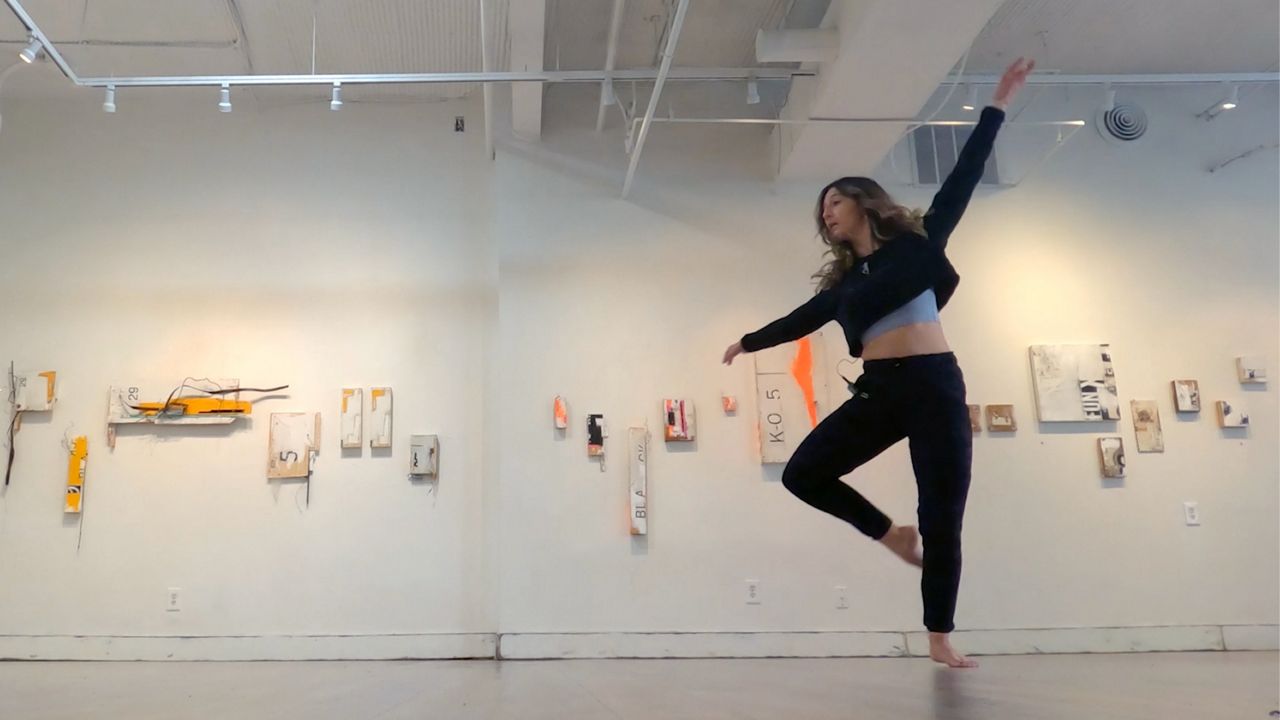ROCHESTER, N.Y. — A tour bus crash on I-490W outside of Rochester sent 28 people to the hospital last Thursday. One patient who died from his injuries last week has been identified by the Monroe County Sheriff’s Office as Tofazzal Hossain, 38, from Bangladesh. One fatality could have been many more if not for the help from first responders and quick action from bystanders after the crash.
“I could see the dust kind of settling down," Salomon Valdez recalled. "The bus was already on its side. And I saw people kind of driving out from the front and side. And a lot of people were already kind of walking around. So, obviously, I pulled over real quick, grabbed my little jump bag that I carried with just extra bandages and a first aid kit."
Valdez has been a paramedic for 26 years. Part of his job is to expect the unexpected. And that’s exactly what he ran into on his way to Batavia for his 24-hour shift as a paramedic for Mercy Flight of Western New York. He found the FlixBus on its side of the freeway and passengers walking along the road.
“The adrenaline was pumping pretty good because you’re going from zero, just driving to work to, oh my God, we got this big accident in front of you,” he explained. “It was a lot of chaos. Everybody’s emotions were high. [There were] scared people. They had family and friends that were injured.”
Valdez says his years of experience kicked in. He asked a bystander to call 911 and he rushed over to provide care for the injured and reassurance that help was on the way.
“I just started triaging and trying to get people out of the bus," he said. "Kind of figuring out who was the most injured."
Valdez described the injuries.
“[There were] a lot of abrasions, bleeding control," he said. "Trying to just put bandages to help control some of the bleeding, lacerations, contusions. Trying to splint. A couple people had maybe some fractures to extremities.”
He says he was also able to translate for passengers who were more comfortable speaking Spanish. When first responders arrived, he was prepared to give a report of who needed the most help and quickly.
“It might have seemed like a lot of chaos and everything, but it was a controlled chaos, I think, like, we all knew what we had to do, and we had a job to do,” Valdez said.
Last Thursday, Valdez says he was running a few minutes behind looking for his cell phone, and that’s why he was able to respond when he did.
“I left probably about five to eight minutes later than I normally do. So, if I had left, I would have not seen the accident,” he admitted.
His quick life-saving skills came in handy, but Valdez says his help was among many others.
“Initially it was like, you know, who's that guy? You know, like, I just told me how well, I'm a paramedic. I said, 'I’ll help,'” he explained. “I think we all like helping people. And when we see that, where we can help, we definitely want to be. We're all the type of personality that want to jump in there and help and do what we can.”
Needless to say, Valdez arrived to work late, and his clothes were soiled from the scene. However, it was no concern to his colleagues. He says he’s only one of the heroes who responded to the scene.
“I don't think I did anything different than anyone," Valdez said. "Anyone that's [a] first responder and [works in] health care [or as] a nurse [or] a doctor would have probably done the same thing. It takes multiple teams. I can't fly the helicopter. We need a pilot. You know, when it comes to doing inner facilities, and some of these people say it's nice having a nurse that has that hospital base and that education and training a skill set in.”
He’s thankful he was there.
“It’s something that every day you come, you don’t know what’s going to happen," he said. "But every day, you can really make a difference in someone’s life."






